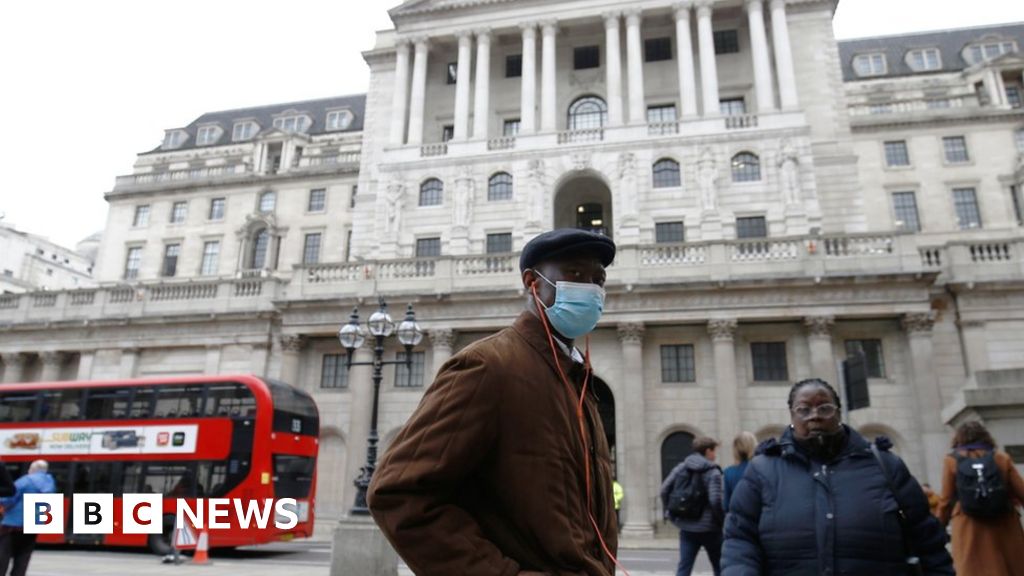Here's the thing. At first I had a degree of alarm about the proposed UK strategy. A few days in and I'm pretty sold on it.
Why?
First up, I just don’t think containment with a view to elimination is possible any more. I’m absolutely sure that South Korea, Taiwan, Singapore etc can lock down and eliminate their current outbreaks and China probably can too. I imagine it might be technically possible for Europe and the US to do the same thing, albeit at unknown cost to their ability to function as nation states. The thing is that Iran has effectively lost control of their outbreak, there’s a worrying lack of information from Russia (a border 2,516 miles long with China and no cases apparently...) and it is present in Africa and Indonesia too. Unless we lock down travel forever, I can’t see how you can avoid it coming back. It has a significant symptom free period and many of these places have long land borders. Even if COVID19 lacks the ability to flare up on its own- and we'll see about that soon enough- it's out there.
Secondly, having watched people flailing around buying toilet roll like demented acolytes of the Golgothan, it is abundantly clear that we lack the self-discipline for actual, prolonged self-isolation. I am to virology what R-Kelly is to teen mentoring but I have worked from home for a decade and I'm a borderline recluse so I understand the tenets of self-isolation pretty well. Even so, the idea of doing two crushing, fucking weeks with the hatches battened fills me with dread and- feel free to judge me at this point- even with the motivator of not catching a grim illness, I don't think the bulk of people in Europe or the US can do it, let alone longer. Inherent in much of the stuff doing the rounds on social media is that we're sort of up for it (maybe, depending on schedules, work etc) but only so long as there's a ready supply of poor people to keep the niceties running- Deliveroo, Amazon etc.
The UK Strategy (there's a less loaded take on it HERE and further information on how the vulnerable elements of society are to be handled HERE) is cynical or realistic depending on where you sit (and, let's be honest, I've made my views pretty clear above I guess). It makes the in built assumption that the ability of the modern populace to actually lock down for any sustained period of time is very limited and the button won't be pushed until later because it can only be pushed once and only for a limited duration. Now depending on whether you harbour a positive view of humanity or not, this can seem crushingly bleak. Based on feedback from the field though, I don't feel it is.
alternatively:
Helen E. Jenkins, Boston University School of Public Health
Sarah V. Leavitt, Boston University School of Public Health
Mary E. Bushman, Harvard T.H. Chan School of Public Health
William P. Hanage, Harvard T.H. Chan School of Public Health
The UK is currently embarking on a pandemic strategy that is claimed will generate herd
immunity to SARS-CoV2. The government suggests that by delaying social distancing
interventions, they will allow a larger proportion of the population to become infected with
SARS-CoV2 and subsequently immune so the country suffers less impact during a hypothetical
second wave of COVID-19 in autumn 2020. The goal of generating herd immunity through
exposure to an actual pathogenic virus is not without cost. The UK currently has a total of 4,100
combined intensive care unit (ICU) and high-dependency beds, including those that are
currently being used by people without COVID-191
. We have generated a simple model to
quantify how this proposed strategy is expected to fail due to the requirement for intensive
care unit (ICU) beds.
We have focused on adults aged 20-40 years old, to be conservative, since they have a lower
case fatality rate and risk of hospitalization than older adults2
. We have assumed that the UK
government is seeking interventions that would preferentially infect this age group. We used an
age-specific population estimate of 18,338,3283 and conservatively estimated that 40% (rather
than the UK government’s goal of 60%4
) of this population would become infected over the
coming months, to give a total infected of 7,335,331 people in this age group. We assumed that
2.15% of laboratory-confirmed cases would suffer a final end point of admission to an ICU, use
of mechanical ventilation, or death5
. Laboratory confirmation will miss any infected individuals
that experience zero or mild symptoms, and it has been proposed that in the UK (as of 13th of
March) approximately 8% of infections are laboratory-confirmed6
. Therefore, we multiplied the
estimate of 2.15% by 8%, to give an estimated 0.17% of infected individuals aged 20-40 years
old that would require use of an ICU bed. Since our 8% case detection rate applies to all age
groups, we also modeled a scenario in which the case detection rate was lower at 5%. Data
from China have suggested that these patients will require use of ICU beds for an average of 27
days, until either recovery or death7
. We then visually fit a normal distribution with an initial
trajectory that matches the current daily COVID-19 case count reported from the UK8
, and
again adjusted for the likely number of true infections (8% or 5% case detection rate). This
resulted in a normal distribution with mean of 62 days and standard deviation of 14 days for
the 8% case detection rate scenario, and mean of 63 days and standard deviation of 15 days for
the 5% case detection rate scenario. Our goal is to estimate the peak burden upon healthcare
under each scenario.
We estimate that, at the peak of the epidemic, 8,610 people aged 20-40 years old would
require an ICU bed, if the case detection rate is 8% and 40% of this population becomes infected. This is more than two times the total number of beds available in the UK. If case
detection is 5% in this age group, we estimate that 5,118 beds – still more than are available -
will be required at the peak of this epidemic, for those aged 20-40 years (Figure 1).
If 60% of people aged 20-40 years are infected, assuming a 5% case detection rate, we estimate
that 11,002,997 people aged 20-40 years will be infected, leaving 8,494 people in this age group
requiring an ICU bed.
Our estimates focus on this younger age group to illustrate the phenomenal burden that will be
placed on the National Health Service by using this strategy. Our estimates are extraordinarily
conservative and overall conclusions did not vary when we varied (to a reasonable degree) the
normal distribution parameters. We should assume that ICU bed pressure will be higher than
these scenarios. Our conservative estimates exclude caring for severely affected people aged 41
and over. If choices are made based on life expectancy, we must expect that fatalities in this
older age group will be very high.
References
1. Cook T. I’m an ICU doctor. The NHS isn’t ready for the coronavirus crisis. 2020.
https://www.theguardian.com/…/03/icu-doctor-nhs-coronavirus-
pandemic-hospitals.
2. Riou J, Hauser A, Counotte MJ, Althaus CL. Adjusted age-specific case fatality ratio
during the COVID-19 epidemic in Hubei, China, January and February 2020. medrxivorg 2020.
3. Office of National Statistics. Estimates of the population for the UK, England and Wales,
Scotland and Northern Ireland. 2020.
https://www.ons.gov.uk/peoplepopulationandcomm…/…/population
estimates/datasets/populationestimatesforukenglandandwalesscotlandandnorthernireland.
4. Sky News. Interview with Sir Patrick Vallance. 2020.
https://news.sky.com/…/coronavirus-millions-of-britons-will…
herd-immunity-11956793.
5. Guan WJ, Ni ZY, Hu Y, et al. Clinical Characteristics of Coronavirus Disease 2019 in China.
N Engl J Med 2020.
6. The Telegraph newspaper. Up to 10,000 people in UK infected as Boris Johnson warns
'many families will lose loved ones'. 2020. https://www.telegraph.co.uk/global-health/science-
and-disease/coronavirus-news-uk-cases-deaths-numbers-covid-19-latest-live/.
7. Bi Q, Wu Y, Mei S, et al. Epidemiology and Transmission of COVID-19 in Shenzhen China:
Analysis of 391 cases and 1,286 of their close contacts. medrxivorg 2020.
8. Worldometer. 2020. https://www.worldometers.info/coronavirus/country/uk/.












